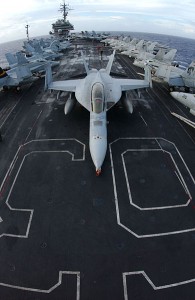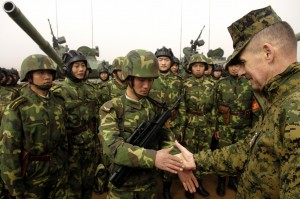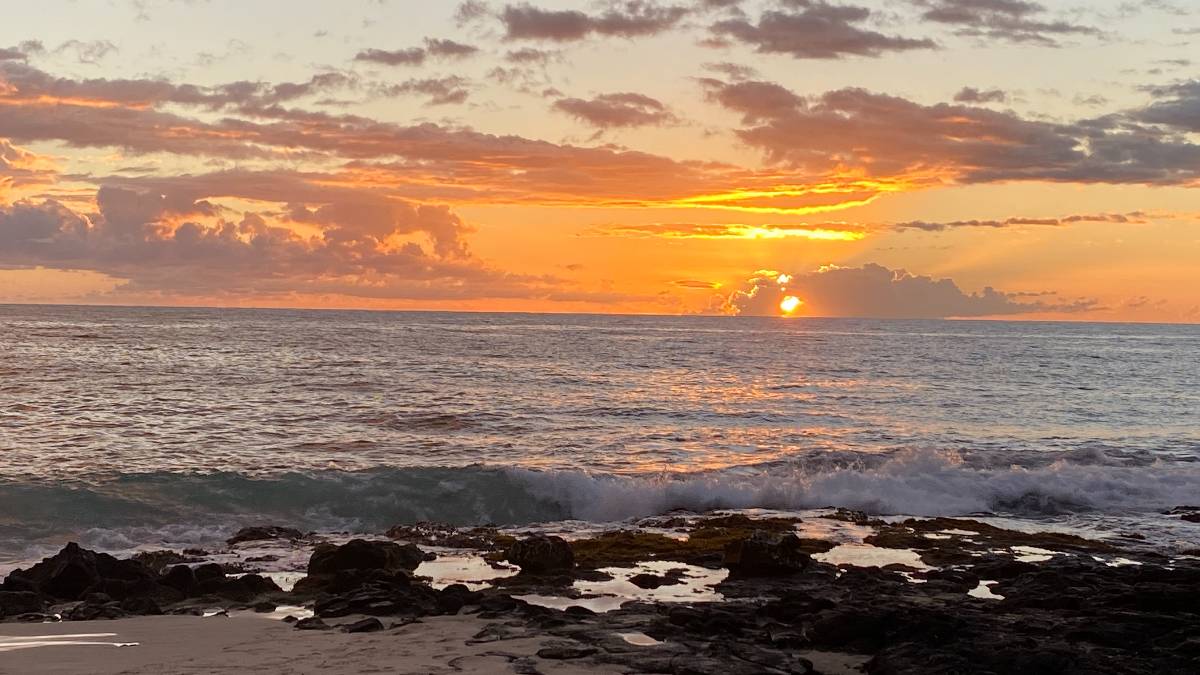Hawaii Could Benefit from US/China Tensions
Today, Sept. 18, is the anniversary of when a compact bundle of dynamite was maliciously detonated near a Japanese-owned railway in northeast China in 1931.
It would later be revealed that the Japanese military had been behind the event, but not before Japan had launched a full-scale invasion of Manchuria, resulting in a prolonged occupation. “The Mukden Incident” as it came to be known, would not soon be forgotten by the Chinese.
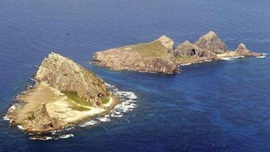
The Senkaku islands are a flashpoint of Japanese/Chinese hostility. Image courtesy Brookings Institute.
Over 80 years later, with China’s economic and geographic ambitions on the rise, the two countries are once again at odds, this time over a chain of islands they both lay claim to. The Senkaku islands, previously owned privately, were recently purchased by the Japanese government, setting off multiple anti-Japanese protests. Some analysts suspect that at least to some extent, the Chinese communist party is supporting the unrest.
While two of the world’s largest economies argue over small strips of land, the US is busy repositioning its military assets toward bases around the Pacific to better cope with potential conflicts in the region.
Some 70 years after the bombing of Pearl Harbor by the Japanese, Hawaii is set to play a central role in safeguarding that same country (and other Asian allies) against the potential threats of the 21st century, including those being attributed to a rising China.
It’s a role that will likely benefit the Aloha State, which already enjoys a strong shot in the arm for its economy due to the military presence here.
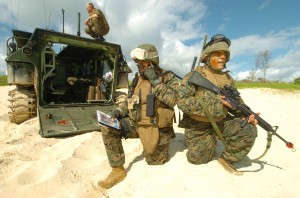
Kaneohe-based Marines simulate a beach assault during joint RIMPAC exercises. Image courtesy US Defense Department.
Taking all branches of the military into account, Hawaii’s troop levels averaged just over 37,000 in 2009. The military’s approximately $12 billion in Hawaii-related spending that year represented roughly 18% of the state’s economy, according to a study by the Rand Corporation.
The revenue Hawaii enjoys from its armed neighbors isn’t immune to current federal budget woes, though. Defense contractors here could see their revenues plummet (at least temporarily) by $400 million due to automatic spending reductions, should the US Congress fail to resolve a budget standoff at the end of this year.
But as the Honolulu Star-Advertiser reported in January, Hawaii will likely not be losing any of the 23,000 Army soldiers stationed in the state, despite hundreds of billions in previously planned cuts by the Department of Defense.
Further, Obama administration officials have indicated that as part of the planned shift in strategy, 60% of the US naval fleet will be positioned in the Pacific theater by 2020 (it had previously been split evenly with the Navy’s Atlantic responsibilities).
Defense Secretary Leon Panetta also recently announced a major repositioning of thousands of troops away from the European theater. Their destination was unknown at the time of the announcement, but given the renewed focus on the Asian-Pacific region, Hawaii seems likely to absorb a significant number of them.
Whether a country like China represents a legitimate military threat depends on who you ask. John Bolton, former UN Ambassador under the Bush administration, stated bluntly in a recent Wall Street Journal editorial that “potential hostilities are no longer hypothetical.”
Bolton, a well-known hawk, isn’t likely to win the Nobel Peace Prize any time soon, but his feelings may match those of his countrymen. A June 2012 poll by NBC and the Wall Street Journal claimed that 62% of Americans see China as an adversary, and only 25% of them see it as an ally.
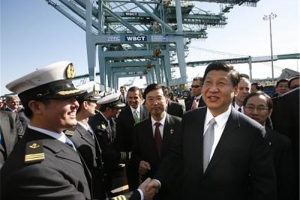
Chinese Vice President Xi Jinping is expected to take ascend to his country’s top post early next year. Image courtesy University of Southern California.
The Chinese, for their part, are facing a (possibly more significant) leadership transition as are Americans, with a new regime set to take over the reins of the national-level Communist Party in March of 2013. Vice President Xi Jinping, largely expected to succeed President Hu Jintao, may be under significant pressure to not appear weak on security matters.
But amid all the posturing of an election year, armed conflict between the two countries shouldn’t be viewed as inevitable. In his recent book “On China,” former US Secretary of State Henry Kissinger notes that much of the tension in Asia stems from the Chinese fear that the US seeks to contain them, coupled with the American fear that China seeks to expel the US from the region.
Kissinger suggests creating a “Pacific Community” with shared goals that all countries in the region would be able to participate in, eliminating the tendency toward creating American and Chinese “blocs.” The former secretary of state reflects that when he first helped to open relations between China and the US 40 years ago, “the most significant contributions of the leaders of the time was…to raise their sights beyond the immediate issues of the day.”
That seems to be the feeling of the current US administration, as Defense Secretary Leon Panetta recently traveled to Asia in an effort to continue building a direct military-to-military relationship with the Chinese. He has made it clear the US is neutral in the current territorial dispute with Japan.
Secretary of State Hillary Clinton echoes similar tones, and has in the past rejected the notion of “containing” China. Direct military ties resumed between the countries a year and a half ago, and the administration hopes their efforts will result in better communication channels to help avoid accidental conflicts.
The results of those outreach efforts, and the true intent of China’s new leadership, remain to be seen, as does the direction of the US presidential election. But what seems certain is that Hawaii will at the very least benefit from an increased military presence on its shores.
Peaceful coexistence between the US and China likely won’t lessen the perceived need for a strong Pacific fleet, and if the world’s two largest economies can continue to play nicely, Hawaii could find itself in a position to exploit both increased Chinese tourism, and generous domestic military spending at the same time.



